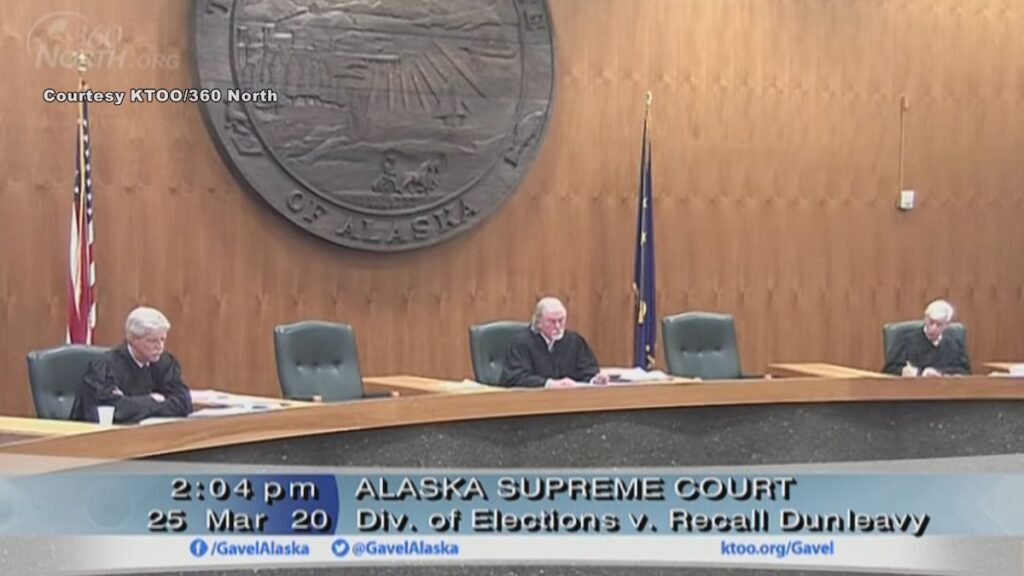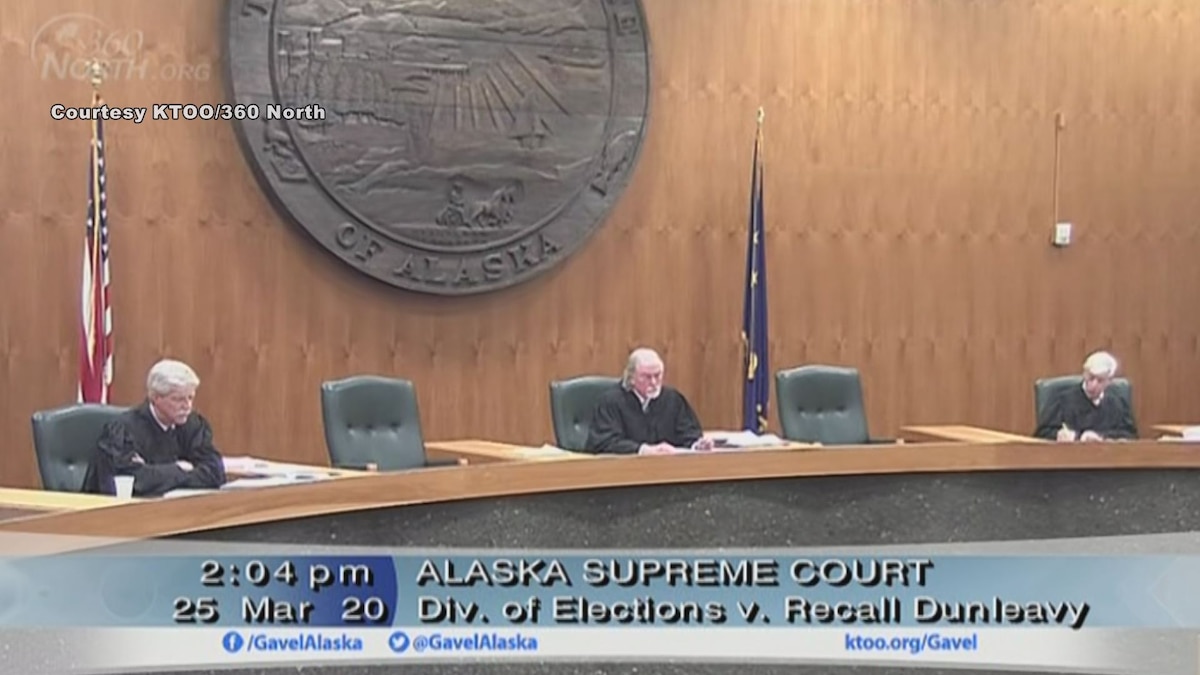
How to Search Court Cases in Alaska: A Comprehensive Guide
Accessing court records is a crucial aspect of transparency and accountability within the legal system. In Alaska, like many other states, the public generally has the right to search court cases. This guide provides a comprehensive overview of how to search court cases Alaska, the types of records available, and the resources you can use to conduct your search efficiently. Whether you’re a legal professional, a journalist, or simply a citizen interested in understanding the workings of the Alaskan judicial system, this information will be invaluable.
Understanding Alaska’s Court System
Before delving into the specifics of search court cases Alaska, it’s essential to understand the structure of the Alaskan court system. Alaska has a unified court system, meaning that there is one superior court that handles all types of cases, though there are different divisions and locations. The Alaska Court System is comprised of:
- Supreme Court: The highest court in the state, handling appeals from the Superior Court and certain other matters.
- Court of Appeals: Hears appeals from the Superior Court in criminal cases and certain civil cases.
- Superior Court: The trial court of general jurisdiction, handling civil, criminal, family law, and probate cases.
- District Court: Handles minor criminal offenses and civil cases with limited monetary value.
Each court maintains its own records, and the methods for accessing these records may vary slightly depending on the court and the type of case.
Methods to Search Court Cases Alaska
There are several methods available to search court cases Alaska. The most common approaches include:
Online Court Records Search
The Alaska Court System provides an online portal for accessing court records. This is often the most convenient and efficient way to search court cases Alaska. The Alaska Courts Public Data Portal offers basic case information. While the portal does not provide access to all documents, it provides key information such as case number, party names, case type, and court dates.
To use the online portal:
- Visit the Alaska Courts website.
- Navigate to the “Public Data Portal” or “Online Records” section.
- Enter the relevant search criteria, such as case number, party name, or filing date.
- Review the search results and click on the case to view available information.
Keep in mind that not all cases are available online. Sealed cases, confidential cases (such as some family law matters involving children), and older cases may not be accessible through the online portal. If you cannot find the case you are looking for online, you may need to contact the court directly.
In-Person Court Records Search
Another option to search court cases Alaska is to visit the courthouse in person. This allows you to access records that may not be available online and to obtain physical copies of documents. To conduct an in-person search:
- Identify the court where the case was filed. This will depend on the type of case and the location where the events occurred.
- Visit the courthouse during business hours.
- Go to the court clerk’s office and request to view the case file. You may need to provide the case number or other identifying information.
- Pay any applicable fees for copies of documents.
Courthouses can be busy, so it’s a good idea to call ahead and confirm their hours and procedures for accessing records. Be prepared to present identification and to adhere to any rules or regulations in place at the courthouse.
Using Third-Party Legal Research Services
Several third-party legal research services offer access to court records, including those from Alaska. These services often provide more advanced search capabilities and access to a broader range of documents than the free online portal. However, they typically require a subscription fee.
Examples of third-party legal research services include:
- LexisNexis
- Westlaw
- PACER (for federal court records)
These services can be particularly useful for legal professionals who need to conduct extensive research or access records from multiple jurisdictions. They can also be helpful for individuals who need assistance in navigating the court system.
Types of Court Records Available
When you search court cases Alaska, you may find different types of records available, depending on the case and the court. Common types of court records include:
- Case filings: These are the documents filed by the parties in the case, such as complaints, answers, motions, and briefs.
- Court orders: These are orders issued by the court, such as judgments, decrees, and rulings on motions.
- Transcripts: These are verbatim records of court proceedings, such as trials and hearings.
- Exhibits: These are documents and other items presented as evidence in the case.
- Pleadings: Formal documents filed in court that outline the claims and defenses of the parties involved.
Not all of these documents may be available to the public. Some records may be sealed or confidential, particularly in cases involving sensitive information such as trade secrets, personal health information, or the identities of minor children. [See also: Understanding Alaska’s Public Records Laws]
Limitations on Access to Court Records
While the public generally has the right to search court cases Alaska, there are some limitations on access to court records. These limitations are designed to protect privacy, maintain confidentiality, and ensure the integrity of the judicial process.
Common limitations on access to court records include:
- Sealed cases: Some cases are sealed by the court, meaning that the records are not available to the public. This may occur in cases involving sensitive information or where there is a need to protect the privacy of the parties involved.
- Confidential information: Certain information within court records may be deemed confidential and redacted from public view. This may include social security numbers, bank account numbers, and other personal information.
- Juvenile records: Records of juvenile court proceedings are generally confidential and not available to the public.
- Cases involving national security: Cases that involve national security concerns may be subject to restrictions on access to records.
If you encounter a limitation on access to court records, you may be able to petition the court for access. However, you will need to demonstrate a compelling reason for accessing the records and overcome any privacy or confidentiality concerns.
Tips for Conducting an Effective Court Records Search
To conduct an effective search court cases Alaska, consider the following tips:
- Gather as much information as possible: The more information you have about the case, the easier it will be to find. This includes the case number, party names, filing date, and court location.
- Use the online portal effectively: Familiarize yourself with the search capabilities of the Alaska Courts Public Data Portal. Use keywords, filters, and advanced search options to narrow your search results.
- Contact the court directly: If you are unable to find the case online, contact the court clerk’s office for assistance. They may be able to provide additional information or direct you to other resources.
- Consider using a third-party service: If you need access to a large number of records or require advanced search capabilities, consider using a third-party legal research service.
- Be patient and persistent: Searching for court records can be time-consuming and challenging. Be patient and persistent, and don’t give up if you don’t find what you’re looking for right away.
- Understand court procedures: Familiarize yourself with the Alaska court system and its rules regarding public access to records. This will help you navigate the process more effectively.
The Importance of Public Access to Court Records
Public access to court records is a cornerstone of a transparent and accountable legal system. It allows citizens to monitor the actions of the courts, hold government officials accountable, and ensure that justice is being administered fairly. By providing access to court records, the Alaskan court system promotes transparency and accountability.
However, with this access comes responsibility. It’s crucial to use the information obtained responsibly and ethically. Misusing court records can have serious consequences, including legal penalties and reputational damage. Always verify the accuracy of the information before relying on it and respect the privacy of individuals involved in court cases.
Conclusion
The ability to search court cases Alaska is a valuable resource for citizens, legal professionals, and journalists alike. By understanding the structure of the Alaskan court system, the methods for accessing court records, and the limitations on access, you can conduct effective searches and obtain the information you need. Whether you’re using the online portal, visiting the courthouse in person, or utilizing a third-party service, remember to gather as much information as possible, be patient and persistent, and use the information responsibly. The legal system is complex, and being able to search court cases gives you a glimpse into that world. Utilizing this knowledge effectively empowers you to be an informed and engaged citizen.
This guide has provided a comprehensive overview of how to search court cases Alaska. By following these steps and tips, you can successfully navigate the process and access the information you need. Remember to always respect the privacy of individuals involved in court cases and to use the information responsibly.

